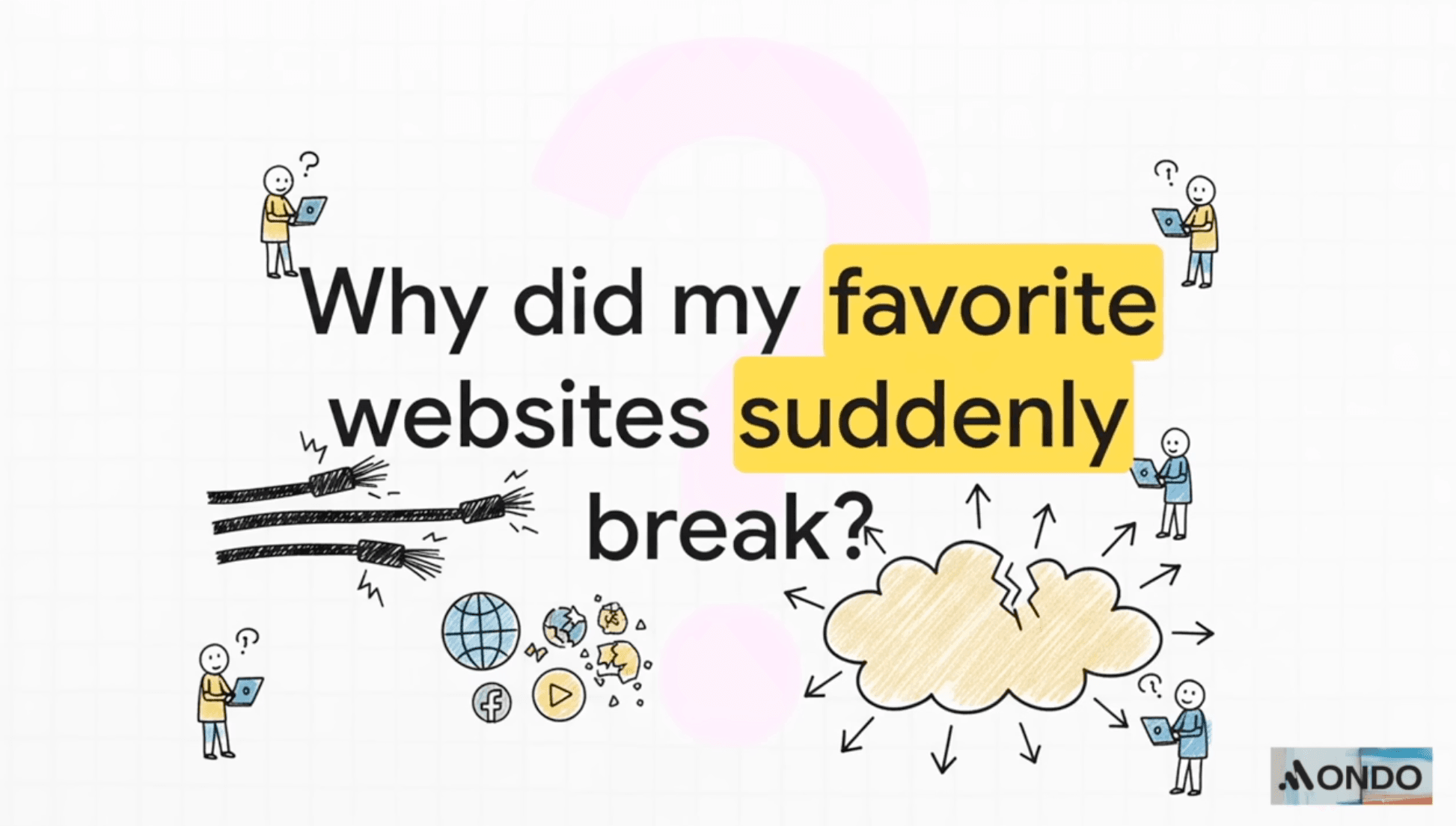Infographic: 8 Tips on How to Make Hard Decisions Fast

Has the time come to let a toxic employee go? Should you open another business location? You likely won’t get very far in business if you haven’t mastered the art of how to make a hard decision quickly and intelligently.
If it seems like you simply can’t make hard decisions, no matter how many deep breaths you take or almonds you snack on, maybe you can’t. This is called ‘decision fatigue’.
We make anywhere from 10,000 to 40,000 decisions per day, and that’s exhausting! With thousands of decisions per day and millions per year, we gradually wear down our self-control and willpower until we’re incapable of making smart decisions. Luckily, you can train your brain to combat this.
Jump to our infographic below for eight expert tips to train your brain to make better business decisions more quickly—whether you need to decide on how to cover the bills, which insurance to purchase, or any other business decision. Or, keep reading for an in-depth look at decision making.
1. Avoid ‘sleeping on it’ too often
Someone has probably told you at some point in your life to ‘sleep on it’. While stopping and thinking certainly has its merits and shouldn’t be discounted, many small business owners take this practice too far and overthink decisions to the point of inaction.
Set a mental—or physical—timer for two to four hours per business decision. Aim to weigh the pros and cons and consult with trusted advisors within this time frame. If the choices are equally attractive, go ahead and make a decision. Chances are, you can adjust your decision as needed later on, and you won’t waste time deliberating aimlessly.
2. Follow the 10-10-10 method
Ask yourself how a particular business decision will affect you 10 minutes, 10 months, and 10 years from now. Write down your answers and reflect on them. If you reasonably think you can live with the consequences of your decision in the medium- and long-term, go ahead and make the tough call. If you think you might feel disappointment or regret, consider an alternative.
This might interest you: Leveraging Data and Analytics to Make Purposeful Decisions
3. Practice with the little things
How long did it take you to decide where to go out for dinner yesterday? How about which TV show to watch? Give yourself a maximum of 30 seconds to make simple decisions—or not-so-simple decisions, depending on how you look at it—like these.
If you can master the easy decisions, you can begin to make heftier decisions that affect your business more quickly as well.
4. Take the ‘lean startup’ approach
It sounds a bit odd, but stop aiming for greatness when thinking about how to make a hard decision. Oftentimes, good decisions made now beat great decisions made later. All you need is a reasonably good decision to get you started and prepare you to make a more informed decision later on.
5. Write down 10 ‘if/then’ scenarios
As a business owner, you can’t account for every wrinkle in the plan that might come your way, but you can think about a lot of them!
Before a meeting, formulate some if/then scenarios. For example, you might say that if Jerry interrupts you three times during a meeting, then you’ll say something to him. Before a business development call, anticipate what questions a potential client might ask. Write down 10 if/then scenarios and rehearse your responses. This way, you can train your brain to think logically when it comes to unanticipated difficult decisions.
6. Ditch the ‘you’re supposed to’ argument
Sure, habit and precedent can help you make easy decisions faster. However, when it comes to how to make a hard decision, you’ll want to focus on your own common sense and thought process. Making a decision just because ‘you’re supposed to’ actually limits your ability to think logically and make difficult choices in the long run.
7. Listen to your hopes
Think about how many times you’ve struggled with a hard decision because you hoped something would happen, but your brain told you it wasn’t practical.
Remember that you’re not purely rational. You have hopes and dreams and should listen to those. Often, your hopes are the best indicators of what choices you really want to make.
8. Notice your rationalisations
Pay attention to how much you’re trying to justify a decision to yourself.
Maybe you’re choosing between two suppliers, and others around you think you should choose supplier A over supplier B. Maybe you’ve also settled on supplier A, but then you find yourself dragging your feet and making excuses not to reach out to supplier A. That’s your brain trying to tell you something. (Maybe you actually want to choose supplier B.)
Listen to what you truly want to do, and follow that path.
Read also: Do You Know What Your Subconscious Mind is Doing to You?
Check out our infographic to determine which type of decision maker you are and learn how to make a hard decision the right way.


For more infographics, click here
Reposted with permission on Leaderonomics.com.
Business
Tags: Emerging Leadership





